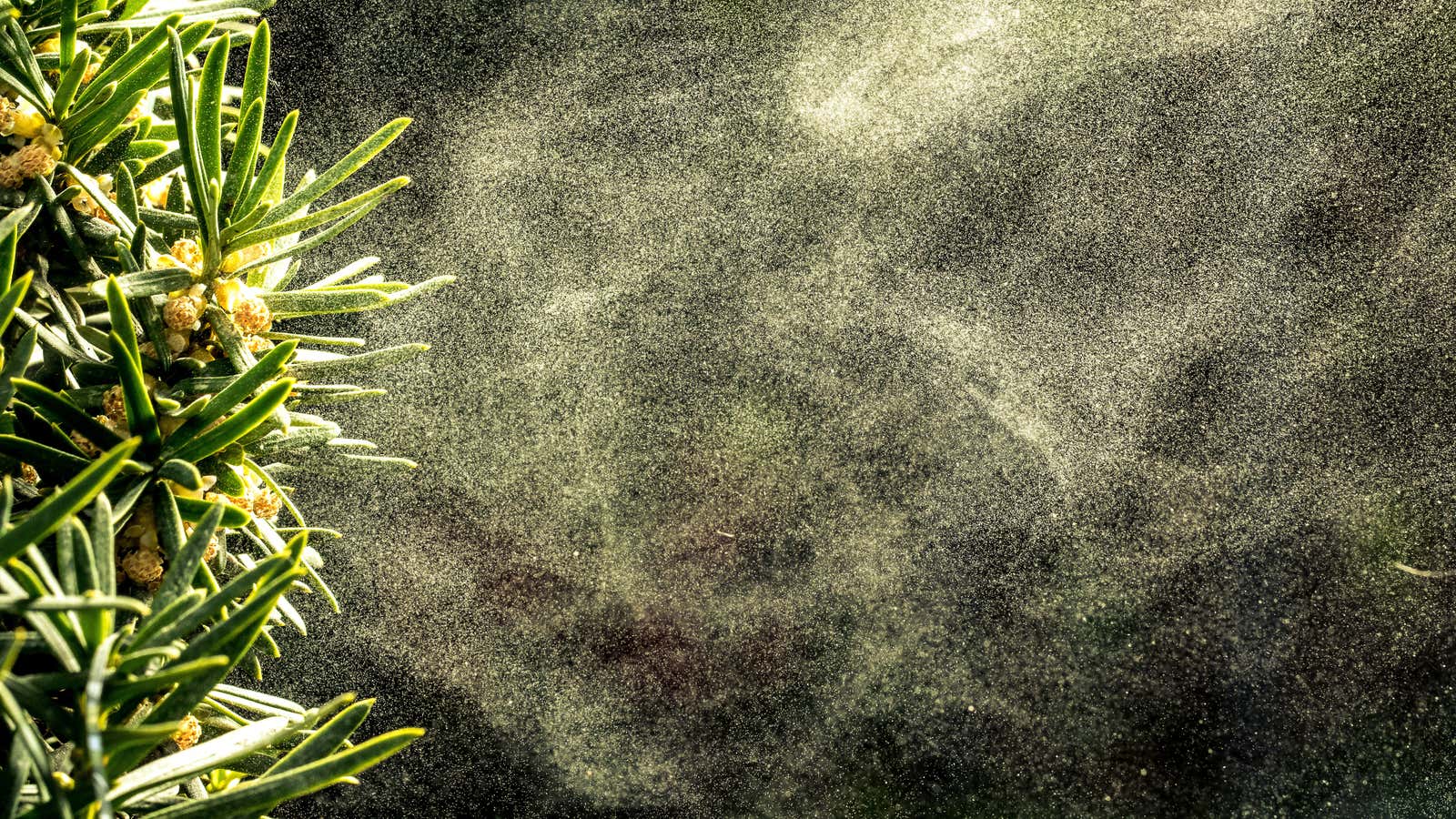Why Allergy Season Is Getting Longer

If you feel like allergy season is getting worse every year, you probably don’t realize it. Scientists studying the timing and movement of pollen have found that allergy seasons are indeed getting longer and potentially more severe.
One good article on the subject is the article from The Conversation , which provides a readable summary of some of the recent research. Pollen seasons have already gotten longer over the past few decades, with spring allergy seasons starting anywhere between 3 and 22 days earlier than before, and fall pollen seasons starting later.
The exact length of each pollen season depends on where you are and what you are allergic to. In the south, the growing season is already quite long. Thus, the effects of climate change are more pronounced in the north, where the gap between winter weather and spring warmth is more pronounced.
If you’ve ever taken an allergy test, you probably know what trees or plants you’re allergic to. Plants that cause the most common allergies are wind pollinated; they are the ones that carry tiny grains of pollen around. (Big, beautiful flowers tend to be pollinated by animals like bees, and they produce larger grains that don’t enter your lungs. That’s why common allergens are plants that you don’t think of as flowers; these are all trees like birch. oak and maple, or herbs, or inconspicuous weeds like ragweed.)
It’s not unusual for a person to be allergic to more than one type of pollen, and that’s another way climate change is making things worse – pollen seasons now overlap more than they used to. For example, oak finished its season before birch started. Now, two types of pollen will most likely be in the air at the same time, making your life pretty miserable if you’re allergic to both.
What to do with it
The big problem here is climate change, which we cannot fight on an individual level. Instead, we need to get corporations and governments to wake up and start making things right; start by reading this from Gizmodo on the issues at hand.
Regarding your personal health, we have tips for living with allergies here . Keeping your home clean and changing after being outside can help keep pollen in your home to a minimum. An air purifier is also a good idea: my indoor and outdoor allergies have gotten a lot better since I bought one for my bedroom.
When you go outside, pay attention to pollen counts (and pollen forecasts) as well as air quality warnings. On rainy, overcast or windless days, there is usually less pollen in the air. Check the National Bureau of Allergy to get the most accurate pollen count near you. And if you were about to see an allergist about your spring sneeze and haven’t had time yet, make an appointment – next year will probably be even worse.